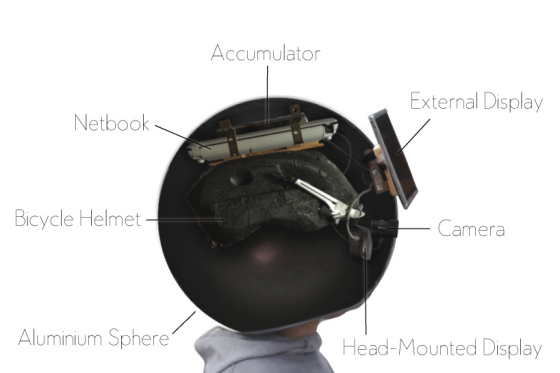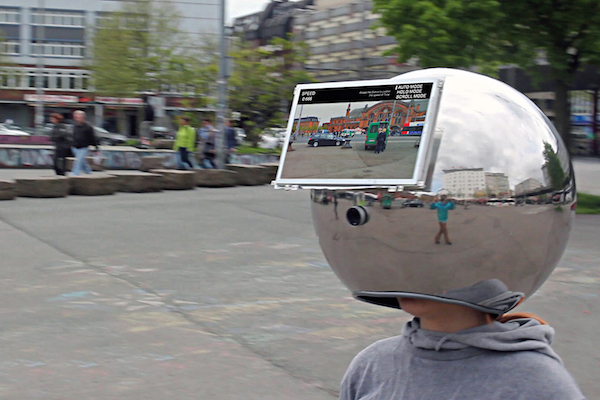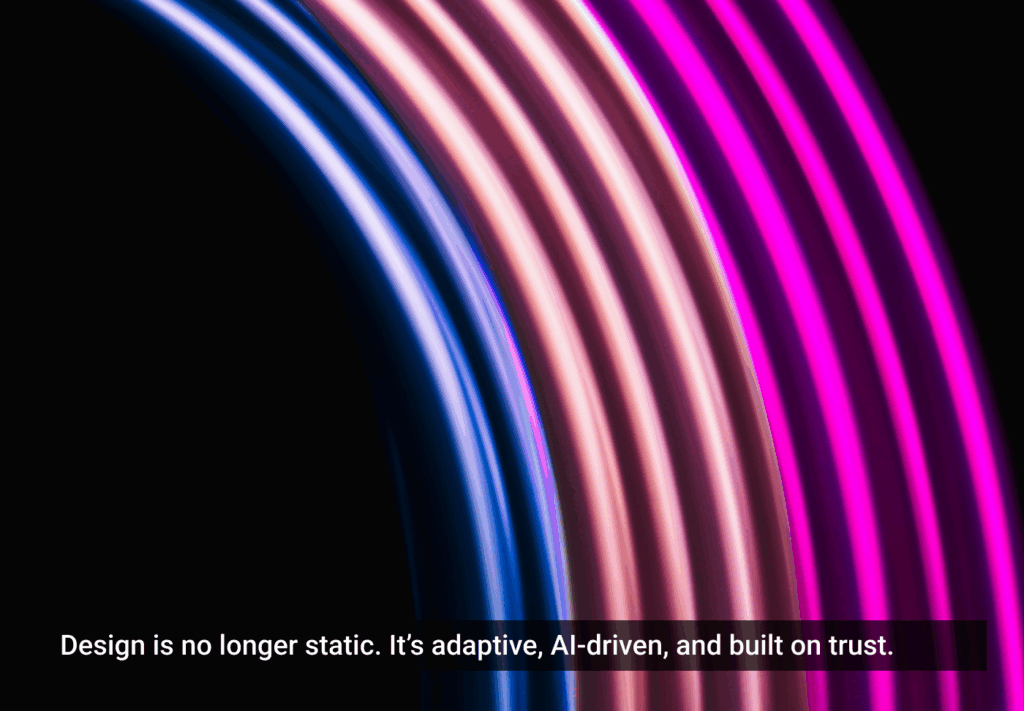The trajectory has been set, and somewhere on the horizon—maybe a distant one, maybe closer than we think—humans and technology will coexist on a cellular level. What starts with wristbands checking our pulse and knowing if we’re sleeping well will one day become armies of nanobots joining our own white blood cells on search-and-destroy missions to eradicate cancerous cells from our bodies.
With the rapid pace at which new technologies emerge and are built upon, it’s anyone’s guess what our relationship with computers and the web will be like in even five short years. Microchips are increasingly cheaper and smaller, sensors are everywhere, and more and more of our experiences with physical objects and environments rely on integral digital components.
It has become much easier to design digital systems that can be interacted with using physical devices far different from the traditional mouse, keyboard, or touchscreen—perhaps pointing to a moment when the interface will truly disappear and we’ll interact directly with technology in much the same way we now interact with one another.
For that reason alone, it’s worth investigating how technology can alter our relationship with the world on a sensory level, something that Design for Experience award winner Lorenz Potthast has done with his Decelerator Helmet.
A German designer based in Durban, South Africa, Potthast won the Bridging Digital and Physical Experiences category with an intriguing bit of headgear that allows users to slow down the world around them and experience life at a different pace.
Inside his giant ball bearing of a helmet, users digest a video and audio stream of whatever is going on in front of them. Using a hand-held remote, they can reduce the speed of the video feed, effectively slowing down the world around them. A monitor on the outside of the helmet shows others this slowed down version of reality simultaneously.
“Our increasingly hectic, over-stimulated, and restless environment calls for deceleration,” Potthast says. “The Decelerator Helmet offers an experimental approach to an essential subject of our globalized world. The technical reproducible senses are consigned to an apparatus that allows the user a perception of the world in slow motion.”
Technology enables us to do more, but it is also the enabler in an addictive relationship @DfExp –
While Potthast’s work doesn’t get us any closer to invisible interfaces or nanotechnology, it does remind us that, while technology has improved many aspects of our daily lives, it has also thrown us into a bit of a tailspin when it comes to spending quality time in the moment. Too often we undermine interactions with loved ones by fiddling with our smartphones. We celebrate technology’s ability to help us complete tasks more efficiently by filling our freed up moments with more tasks. Technology enables us to do more, but it is also the enabler in an addictive relationship.
“Apart from its social and cultural relevance, the decelerator helmet raises the general question of how technology will shape our senses in the future,” Potthast says. “No matter if you think about it in a short-term view (Google Glass) or a more long-range, futuristic one (cybernetic organisms) an increasing influence of technology in our perception is almost inevitable.”
“In the same movement where technology is increasingly dissolving into our everyday surroundings, digital enhancements will come closer to [being part of] our bodies and our perception.”
The finalists in the Bridging Digital and Physical Experiences category also submitted impressive work. Infor | Hook & Loop crafted an application that establishes a relationship between machines and employees in a factory setting, effective giving the machines voices. Ziba Design created a retail display case that lets users examine Adidas footwear with heightened detail using a touchscreen. Interactive Software Engineer Charles Yust helped create a digital experience for visitors to the Kennedy Space Center that mimics the real experience of sitting inside a Space Shuttle.
The 2014 DfE awards are now accepting applications. If you’ve been a part of creating an experience that makes a difference, apply today. The final deadline for applications is February 28, but if you apply on or before February 14th, you can still take advantage of an early-bird discount.
If you know of any products or services that deserve DfE recognition, make a recommendation now using the form in the right-hand sidebar (or at the bottom of the page if you’re on a mobile device). For a limited time, anyone who makes a valid recommendation will get a free book download form our sponsor, Rosenfeld Media.









